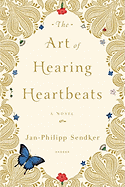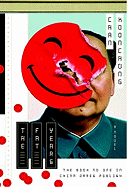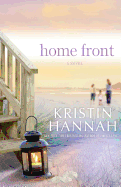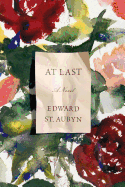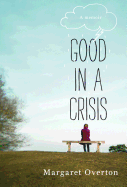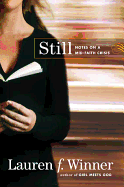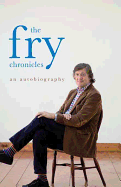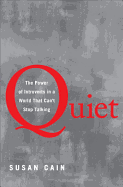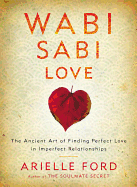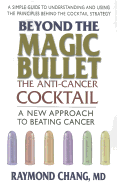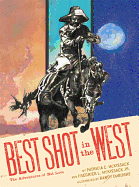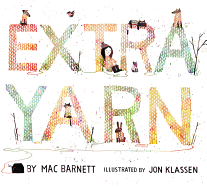Resolution Restart
January is over. How are you doing with your resolutions to lose weight, exercise fiscal restraint or simply exercise? Right. How about throwing away January's list and starting more carefully in February with just one thing?
Debbie Macomber, popular and prolific author (the Cedar Cove series), has written One Perfect Word (Howard, January 3, 2012). She talks about the power of a single word--"perfect" in that you choose one word to concentrate on for one year. Macomber comes at this from a Christian perspective ("God takes part in the choosing") in finding a word, exploring it, recognizing life lessons from the exploration. But the idea is good for anyone: seek, balance, passion. Or how about gratitude?
Recently, the Journal of Nursing published an article, "Giving Thanks Helps Your Psychological Outlook," that says counting your blessings is good for you. "While it seems pretty obvious that gratitude is a positive emotion, psychologists [have recently discovered] that it is one of humanity's most powerful emotions. It makes you happier and can change your attitude about life, like an emotional reset button."
Glennon Melton, in the Huffington Post, has a good take on gratitude in "Don't Carpe Diem." She was worried that she was not only failing at being a good parent, she wasn't enjoying parenting enough by seizing and enjoying every moment of it. "Carpe Diem doesn't work for me. I can't even carpe fifteen minutes in a row, so a whole diem is out of the question." But she has found something that works. Most of our lives are spent in Chronos (physical) time. But there is also "Kairos time... it's time outside of time... those magical moments in which time stands still. I have a few of those moments each day. And I cherish them." When she writes, "Carpe a couple of Kairoses a day," that's another way of practicing gratitude.
Bookstores are treasure troves of journals and notebooks. Buy a small journal. Every evening, write down three things you have been grateful for during the day. Bonus points if they are people. Maybe you'll be so busy being grateful that your previous resolutions will just happen. At the very least, you'll be happier, and that's no small accomplishment. --Marilyn Dahl, book review editor, Shelf Awareness



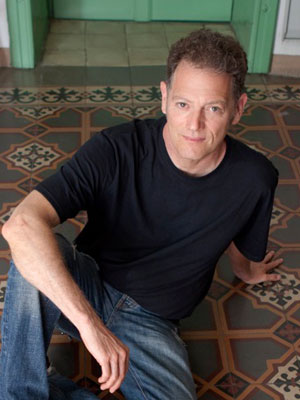
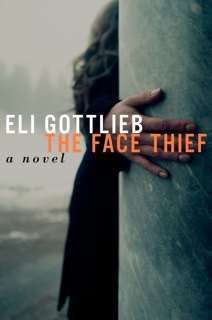 Favorite book when you were a child:
Favorite book when you were a child: 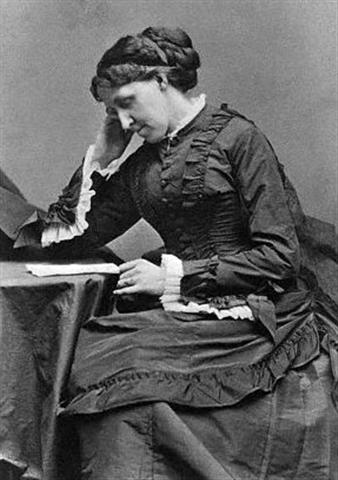 Louisa May Alcott's classic tale of the March sisters has resonated with generations of girls, prompting them to identify with one sister or another--often tomboyish, outspoken, literary Jo. Based on Alcott's New England childhood and her relationships with her own three sisters, the book is more than a gentle reminiscence of days gone by--it's a clear-eyed look at the complicated relationships between sisters, mothers and daughters, and the challenges facing women trying to make their own way in the world. After nearly 150 years, Little Women's themes (cloaked in quaintly old-fashioned narration) remain fresh and relevant--worth reading, if you never have.
Louisa May Alcott's classic tale of the March sisters has resonated with generations of girls, prompting them to identify with one sister or another--often tomboyish, outspoken, literary Jo. Based on Alcott's New England childhood and her relationships with her own three sisters, the book is more than a gentle reminiscence of days gone by--it's a clear-eyed look at the complicated relationships between sisters, mothers and daughters, and the challenges facing women trying to make their own way in the world. After nearly 150 years, Little Women's themes (cloaked in quaintly old-fashioned narration) remain fresh and relevant--worth reading, if you never have.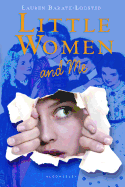 Although readers love Little Women, two plot points (spoilers ahead) have frustrated them since its publication: Why did Laurie end up with Amy instead of Jo? And why did sweet, gentle Beth have to die? Emily March, the narrator of Lauren Baratz-Logsted's
Although readers love Little Women, two plot points (spoilers ahead) have frustrated them since its publication: Why did Laurie end up with Amy instead of Jo? And why did sweet, gentle Beth have to die? Emily March, the narrator of Lauren Baratz-Logsted's 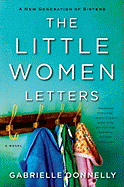 Gabrielle Donnelly brings the March girls into history--and the present day--with her story of Jo March's great-great-granddaughters,
Gabrielle Donnelly brings the March girls into history--and the present day--with her story of Jo March's great-great-granddaughters, 